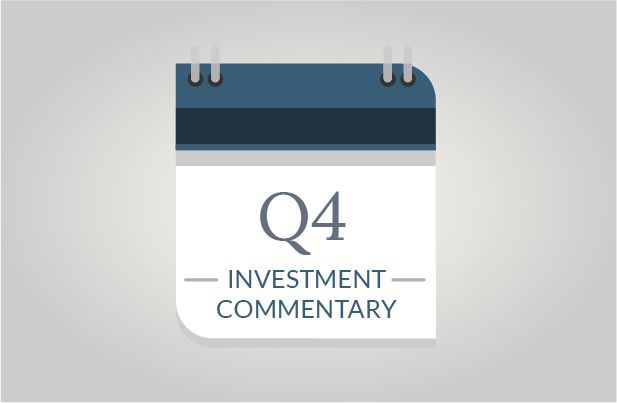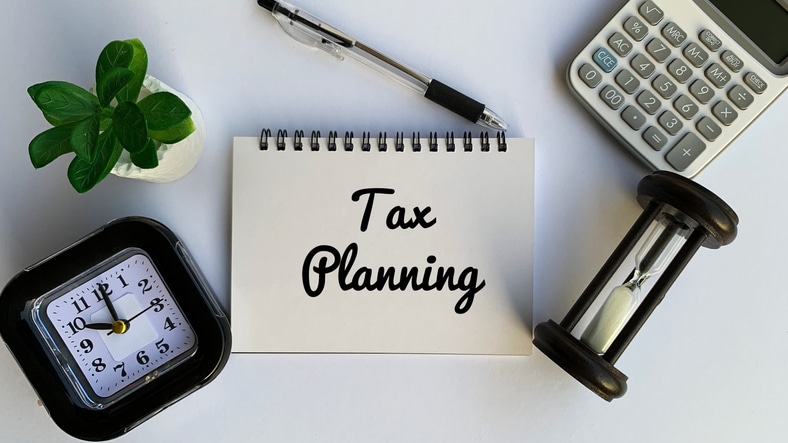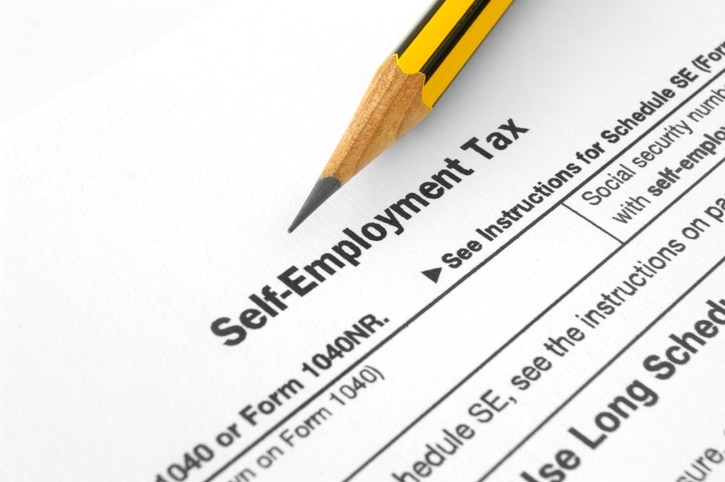- Robust investment gains rewarded investors in 2023.
- Declines in inflation and interest rates stimulated both the economy and the markets.
- Significant growth was achieved despite a number of challenges, surprising some investors.
A Rewarding Year for Investors
Prosperity rebounded in 2023. Investors were handsomely rewarded for staying the course in the markets after enduring a difficult year in 2022. Stocks posted double-digit returns both domestically and abroad, with technology stocks in the lead. Bonds also yielded impressive returns, in excess of long-term averages.
Hence, anyone who doubted the investment markets after a nasty experience in 2022 was proven wrong in 2023. Ironically, those proven wrong include a number of lead investment analysts who forecasted low 2023 stock performance and a potential end of bond returns. This yet again demonstrates that the hype of the media and investment pundits should never be interpreted as a foregone conclusion.
A summary of broad investment market returns as of December 31, 2023 is as follows:
Bloomberg U.S. Aggregate (U.S. bonds) 5.53%
S&P 500 Index (large U.S. stocks) 26.29%
Russell 2000 (small U.S. stocks) 16.93%
MSCI All Country World Index ex-US 15.62%
(International Stocks)
Growth Despite Significant Challenges
The markets flourished in 2023 despite a number of challenges. The Fed raised rates at the fastest pace in history, sparking concerns of a recession. Higher Fed rates push interest rates high for mortgages, car loans, credit card debt, and other loans. Higher borrowing rates can dampen growth, but the economy remained the little engine that could.
The banking crisis that began in Silicon Valley last Spring triggered fears of a bank default contagion. Thankfully, the fallout was limited to a few banks and stability returned fairly quickly. This was in large part related to the Fed and the FDIC ensuring that depositors would not lose money.
Later in the Fall, risks of a government shutdown spooked the markets. Government shutdowns can have a material negative effect when federal functions and financial payments grind to a halt. After weeks of concern, the Senate passed a stopgap spending bill a few days before the deadline.
Geopolitical tensions expanded during 2023. The war between Russia and Ukraine entered its second year and war broke out between Israel and Hamas, creating instability in the Middle East. Thus far there has been little to no impact on the markets.
A Resilient Economy
Despite all of the above, stocks remained in positive territory throughout the year, ultimately enjoying a significant year-end rally. Not only did the markets remain strong, so did the economy. Aggressive rate increases created economic fears, but they also helped to ebb inflation creating systemic positive impacts. Inflation has fallen at a rapid pace, declining from a peak of 9.1% in 2022 to 3.1% as of the most recent report. We haven’t reached the Fed’s rate target of 2%, but we’ve come a long way.
Consumer spending, which represents more than two-thirds of our economy, remained incredibly strong. Low unemployment coupled with wage gains kept money flowing into consumers’ pockets. Residual pandemic savings also supported robust consumer spending. It appears that consumers continued to enjoy pent-up desires post Covid given large expenditures on international travel.
Lower inflation and strong consumer spending were also aided by low oil prices. Oil prices climbed to just over $120 a barrel early in the Spring, but then dropped precipitously to approximately $73 per barrel by year-end. Lower gas prices help to reduce inflation thereby benefiting the economy.
Two of the best gauges of the economy’s health are the unemployment and Gross Domestic Product (GDP) rates. The unemployment rate fell to 3.4% in 2023, the lowest level since 1969. Such a low unemployment rate equates to more people receiving income to support spending. The GDP rate measures how much the economy expanded. The most recently reported GDP figure was 4.9% for the third quarter, which well exceeds historical averages.
2024: The Positives
While we never prognosticate, we will comment on the positives (as well as the challenges) facing the economy and the markets as we look forward into 2024.
Echoing the comments above, there is a strong likelihood that inflation will decline further. Progress thus far led the Fed to pause rate increases during their last three meetings. While the future is never known, the Fed hinted to possible rate reductions in 2024. Rate reductions can help to stimulate both the economy and the markets.
Another benefit of the Fed pausing rate increases is that interest rates have been declining, hopefully continuing into 2024. This could have a material impact, notably on the housing market, and perhaps for stocks. The 30-year mortgage rate peaked just under 8% in October of 2023, the highest level since 2000. Rates have since fallen into the mid 6% range. While this is still a bit high (and certainly higher than Covid levels), lower rates are making housing more affordable again. Lower interest rates could also buoy stocks which compete with interest rates on bonds. If bond yields continue to decline, there is more draw to stocks as an investment choice to capture higher returns. A notable point is that declining interest rates also benefit existing bond investments.
2024: The Challenges
The markets and the economy are never void of challenges. As previously noted, consumer spending is a driving factor in the U.S. Consumer spending could be poised to contract for a variety of factors such as reduced Covid savings balances, reported higher credit card balances, a slowdown in wage growth, and the resumption of required student loan payments.
A slowdown has already materialized in certain areas. Sales in manufacturing have declined. The housing market remains weak with existing home sales dropping to the lowest level in 13 years as of October. The commercial real estate market also remains depressed given Covid related retail store closures and downsizing of office space.
Short-term on the horizon, we are approaching another US budget debate and possible government shutdown on January 19th. We are hopeful that a shutdown will again be averted, but current risks remain.
Looking internationally, geopolitical events have not impacted the markets thus far. However, an expansion could have an impact, notably relevant to tensions in the Middle East and with China.
Looking Ahead
Predicting the markets is virtually impossible. Yet, it’s worth noting that the number of positive years in the market have far outweighed the number of negative years looking historically. Furthermore, a number of positive attributes remain in both the economy and the markets.
As always, we serve as your wealth manager, helping to ensure that your investments align with the growth you need and desire, as well as the protection and liquidity you require. Our investment recommendations are always supported by and complemented with comprehensive planning on your behalf. Please contact us with any questions.
SageVest Wealth Management




